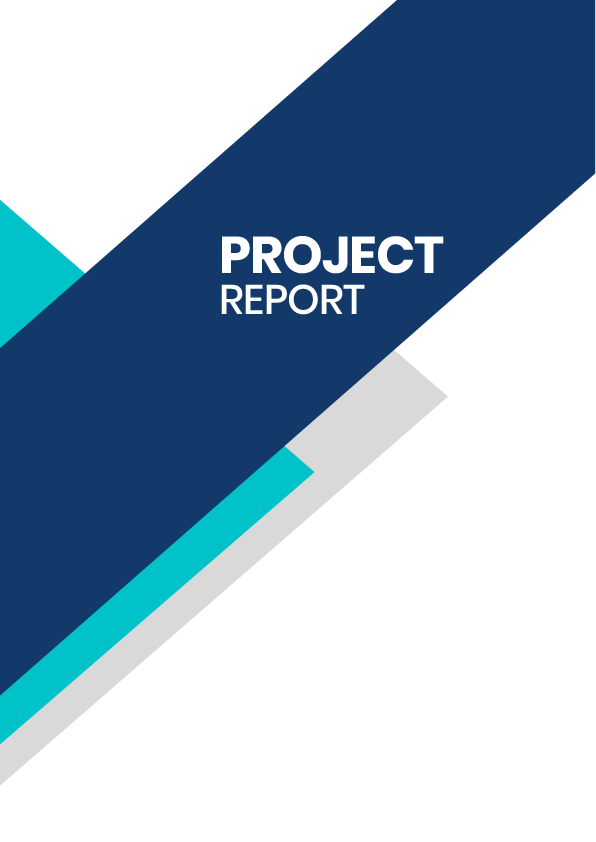Related Keywords
- Leavening Agent
- Double-Acting Powder
- Baking Leavener
- Chemical Raising Agent
- बेकिंग चूर्ण
- खमीर पाउडर
Market Analysis and Business Potential of Baking Powder
Current Market Trends and Demand for Baking Powder
- Baking powder sees big demand as India’s baking market hits ₹50,000 crore and grows 10% every year. More people bake at home, and snack sales rise fast.
- Trends show folks want quick, easy baking—over 60% of households use baking powder monthly. Food companies also grab it for cakes and biscuits, pushing sales up.
- Reports say India uses 50,000 tonnes of baking powder yearly, and that number climbs as baking gets popular in cities and towns alike.
Target Audience: Home Bakers, Bakeries, and Food Manufacturing Units
- Home bakers—moms, teens, and hobbyists—buy small packs to make treats. Surveys show 40% of urban homes bake regularly, needing your product.
- Bakeries, from small shops to big chains, use baking powder daily for bread and pastries. India’s 2 lakh+ bakeries keep demand steady.
- Food manufacturing units churn out snacks and ready mixes, buying bulk amounts. They account for 50% of baking powder use, making them key buyers.
Competitive Landscape and Key Players in the Industry
- Big names like Weikfield and Everest lead, holding 30% of the market with strong brands. They sell quality and trust to customers.
- Local players offer cheaper packs, fighting for the other 70%. Over 200 small firms compete, so you stand out with taste or price.
- Competition pushes you to offer pure, fast-acting powder. You watch rivals and find gaps—like new flavors—to win buyers.
Investment Requirements and Expected ROI in a Project Report for Baking Powder
- You spend ₹10-20 lakh to start—machines, ingredients, and a small space. A project report for baking powder breaks it down clearly.
- Raw stuff like sodium bicarbonate costs ₹50/kg, and you sell at ₹100-150/kg, earning 20-30% profit per batch.
- Sell 1,000 kg monthly, and you make ₹50,000 profit. ROI hits in 2-3 years, growing as demand rises.
Manufacturing Process and Setup of Baking Powder
- Raw Materials Required for Baking Powder Production: You need simple ingredients. Grab sodium bicarbonate (baking soda) for the base. Add an acid like cream of tartar or sodium aluminum sulfate to make it fizz. Use cornstarch to keep it dry and smooth. Buy these from trusted suppliers to ensure they’re pure and food-safe.
- Step-by-Step Production Process and Quality Control Measures: You start by measuring each ingredient exactly. Mix the sodium bicarbonate and acid in a big blender, then toss in cornstarch to stop clumping. Blend everything until it’s a fine powder. Test samples—check if it bubbles with water and stays free of lumps. Pack it in airtight bags or cans to keep it fresh. Every batch gets a quality check for safety.
- Machinery and Infrastructure Setup Needed: You need basic equipment. Get a mixing machine (₹2-5 lakhs) to blend ingredients fast. Add a sifter (₹50,000) to remove chunks and a packing unit (₹1-3 lakhs) to seal it up. Set up in a clean, dry space—about 500 square feet works for small-scale. Power and water supply keep things running smoothly.
- Regulatory Compliance and Certifications Required: You follow strict rules. Register with India’s FSSAI to prove it’s safe to eat. Get a food license and list ingredients on every pack. Test for heavy metals or germs—FSSAI demands clean results. Aim for an ISO 22000 certification to show quality. These steps keep your business legal and trusted.
Get a Bank-Ready Project Report for Baking Powder Business in Just 10 Minutes!

Need expert service?
Please send a WhatsApp message to us, and our team of experts will guide you in creating a project report for bank loan.
Create Your own project report in less than 10 mins.
- Unlimited edits
- Unlimited downloads
- Up to 10 years of projections
- 20+ pages

Frequently asked questions
Everything you need to know about the product and billing.
Finline is an online tool for creating a project report for bank loan online and see the report for free online. You only need to pay for downloading the report.
Can I change my plan later?
Yes , ofcourse you can upgrade from a lite plan to a pro at anytime.
Can I edit the report after download ? is it chargeable?
You can do unlimited edits even after download without any extra payment.
What is the ‘lite’ and ‘pro’ plan ? Is it subscription based plans?
Lite and Pro are just individual report download plans , not subscription plans.
Do I require a CA seal & Stamp for getting a loan?
Not at all, project report is a business plan about your business and it should be prepared by an entrepreneur . Nobody can predict and certify a business which is going to happen in the future.
Can I get any assistance from your team?
Yes of course, you can go to the help section in all pages were you can find chat button for seeking support.
Can I get a project report format for bank loan through Finline?
Yes! Finline provides a ready-to-use project report format for bank loan. You can create it online, see it for free, and download it instantly for your loan application. This makes your project report format for loan easy to complete in just a few steps.
Do you provide a project report format for bank loan in excel?
Yes. Finline offers a project report format for bank loan in excel that is easy to edit and customize. You can also download a project report format for loan in excel if you prefer working offline.